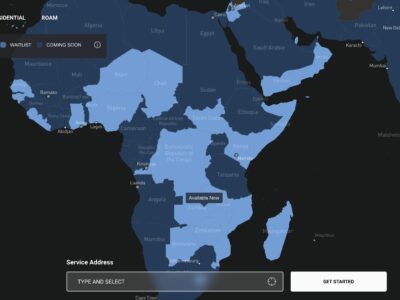The Zimbabwean Cabinet has approved the Zimbabwe National Artificial Intelligence Strategy (2026 to 2030), in an attempt to position the nation at the forefront of technological innovation. This comes as a component of the Information Communication Technology Architecture and the National Information Communication Technology Policy. The policy, endorsed during the Thirty-First Post-Cabinet Press Briefing 14th October, 2025 outlines a comprehensive five-year roadmap to harness the economic potential of AI while anchoring it in national values and inclusive development.
The strategy is a direct response to the findings of the Zimbabwe Artificial Intelligence Readiness Assessment Methodology (RAM) Report, approved in June 2025, which called for a coordinated national approach to the disruptive technology. It is apparently designed to integrate seamlessly with existing national frameworks, including the Heritage-Based Education 5.0 model, the Ubuntu philosophy, and the Smart Zimbabwe vision, building upon the legal foundations of the Cyber and Data Protection Act.
Driven by three core imperatives, the strategy aims to transition Zimbabwe from a resource-based to a knowledge-based economy, ensuring economic sovereignty and competitiveness. It further seeks to instill Zimbabwean values and the philosophy of Unhu/Ubuntu into its technological fabric, and to leverage AI as a tool for inclusive development, specifically to bridge the urban-rural divide.
The plan is structured around six pillars: developing local AI talent, building national computational infrastructure, promoting AI adoption in public and private sectors, establishing a governance and ethics framework, fostering research and innovation, and pursuing strategic international partnerships. This multi-pronged approach acknowledges that merely acquiring technology is insufficient without the underlying ecosystem to support it.
A key aspect of the strategy is its attempt to root AI development in local context. It explicitly references the philosophy of Unhu/Ubuntu, an ethical framework emphasizing community and interdependence, aiming to counter potential biases in globally-developed AI systems and ensure the technology addresses local challenges. A primary stated goal is to use AI to bridge the country’s significant urban-rural divide, though the practical mechanisms for achieving this remain to be detailed.
To translate ambition into action, the government has proposed five flagship initiatives. These include a national AI Grand Challenge to solve local problems, a centralized data and computing platform codenamed Pangolin, and a national literacy campaign called “Nzwisiso” to educate citizens on AI’s risks and benefits. A regulatory sandbox will allow startups to test applications in a controlled environment, while a dedicated innovation fund, Mugove, is intended to provide much-needed capital.
To ensure effective implementation, an AI Strategy Implementation Office will be established within the Ministry of Information Communication Technology, Postal and Courier Services. This office will work alongside the National Digital Regulatory Committee under POTRAZ.
The Zimbabwe National Artificial Intelligence Strategy represents a bold declaration of intent to actively shape the country’s technological future, positioning it to seize the opportunities of the Fourth Industrial Revolution while safeguarding its cultural heritage and promoting equitable growth for all citizens.














Comments